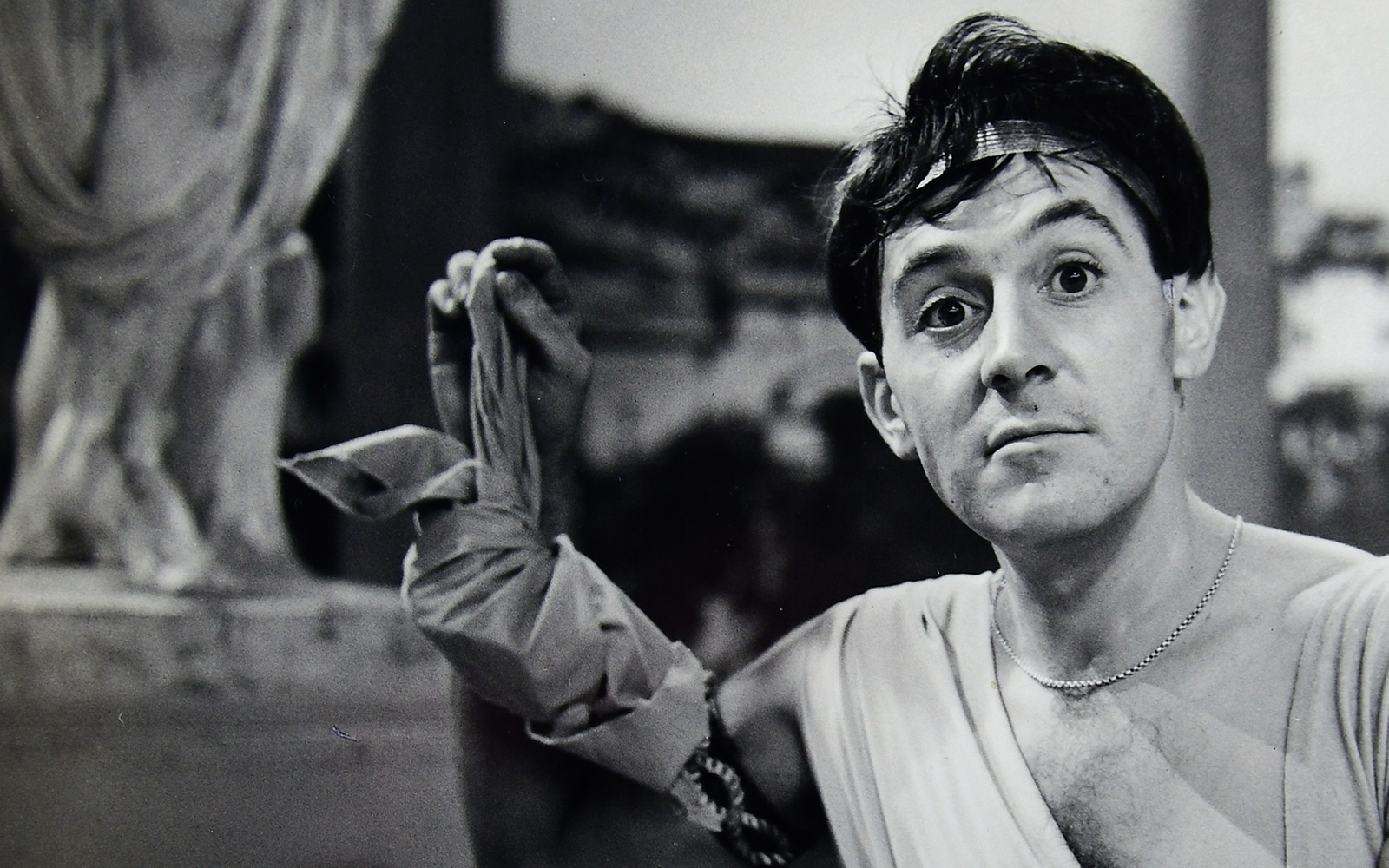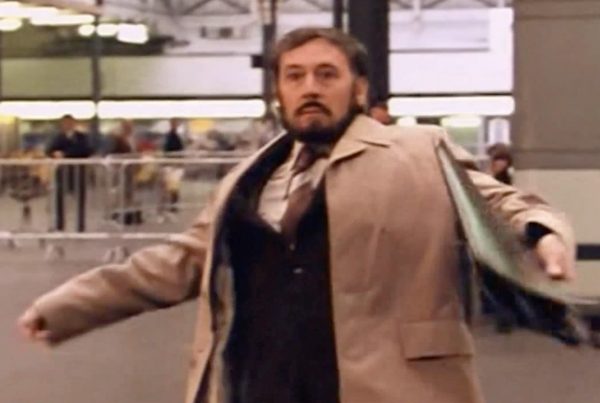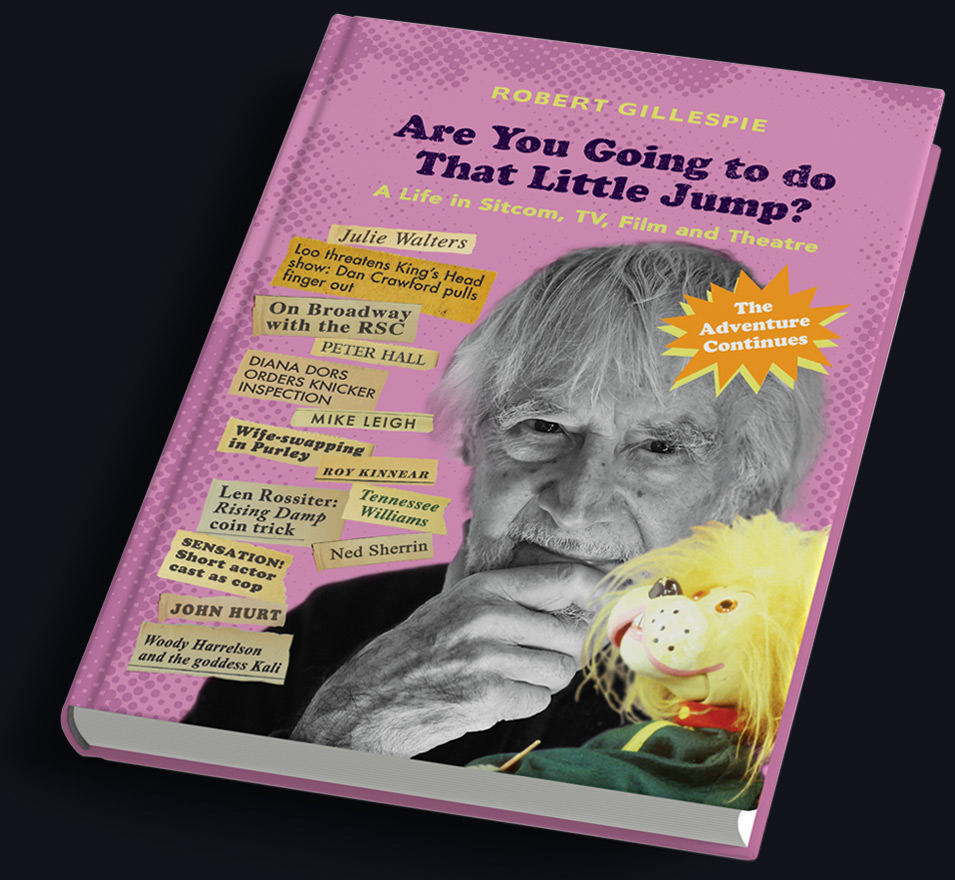Yes, most people like to be liked. Most self-help books say so, and have a chapter on it.
When I began in the acting trade I never gave a thought to whether or not the character I would play was ‘nice’ or ‘nasty’. I started out with, ‘if you were to meet this guy, how would he come over, how would he behave in this or that situation…?’ All based on what the author’s text suggested.
Even at RADA I don’t remember an actress trying to soften the impact of Lady Macbeth – try to make her warm and cuddly, or any guy trying to be winsome playing a killer.
It wasn’t till I was cast to play a Roman slave in a play by Plautus (The Haunted House) for BBC TV that I stumbled across a case of an actor troubled by whether or not he was – sympathetic. My character: Tranio (I’d first played at grammar school). I think I suggested the idea to the director. The story is of a grand merchant’s household left in the charge of a son and servants while dad, the merchant, is away on a three-year business trip. Of course the son has his mates and their girlfriends in for non-stop partying with the connivance of their cunning head slave – Tranio.
Disaster strikes when dad is spotted approaching the house – three months before he’s due back. No worries. Tranio will handle it. He waylays dad and scares the pants off him, warning him that his house has become haunted in his absence. Meanwhile, the kids are working desperately to clean the place up and shove the tarts out of the door.
Now the comedy of this play depends entirely on the inter-action between the smart, smooth talking slave Tranio and a crusty, peppery old patriarch who flies off the handle at the drop of a hat. For those who know their Sheridan it’s exactly echoed in the relationship between Jack Absolute and his choleric father Sir Anthony Absolute in The Rivals.
We knew a very fine, comic actor (he also wrote plays) who specialised in playing peppery old colonels brilliantly – Geoffrey Lumsden. He was delighted to be cast as dad.
Rehearsals began and went swimmingly. The dominating, short-tempered, rich and privileged old man and the fast-talking, plausible, inventive slave were a perfect comic foil for each other. It was very rewarding to play opposite Geoffrey. So a very happy cast and crew went into the studio.
At a tea break the director, Rosemary Hill, told me she’d been approached, very politely, by Geoffrey: would she consider letting his girlfriend watch a staggering run of the performance from the gallery – where Rosemary and her producer and script girl ran the show.
I couldn’t see any harm in it and said ‘yes’. And that’s where the rot, the ruination set in.
We began another run of the play – and I couldn’t believe what was happening…
To be continued…





